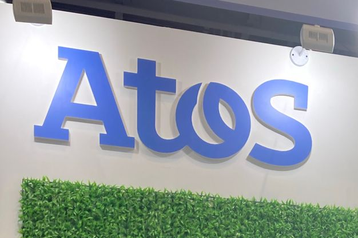The UK’s Employment Savings Trust (Nest) has ended its £1.5 billion ($1.8 billion) deal with French IT services supplier, Atos.
The parting of ways comes just two years into the 18-year deal and could put ~1,000 jobs in the UK and India in jeopardy.
In 2021, Atos was contracted to provide software, networking, and IT infrastructure for Nest for an initial 10 years with the option to extend this by another five years, with a three-year transition period.
Nest, set up under the Pensions Act in 2008 and officially launched in 2010, is a workplace contributions pension scheme that is free for employers to use. Tata Consultancy Services reportedly won the initial 10-year contract in 2010 at a value of arpound £600 million.
It seems that the partnership ended over deadline disagreements. The Register reported that Nest had made several last-minute ‘design changes’, but had refused to extend Atos’s deadline for producing the products.
Nest CCO, Gavin Perera-Betts, said: "We want to thank the team at Atos for all their support and partnership over the past two years. They have been instrumental in helping us transition to becoming a more data-led organization. They have also helped us crystallize our digital transformation journey, setting us up for a strong future.
"As we start to plan the next phase of our transformation program, we're taking some time to review the support we'll need. The services Nest offers to members will continue to operate as usual."
Had the deal lasted its potential 18 years, its overall value would have reached £1.5 billion ($1.8 billion).
Atos has had a complicated year. Atos’ shares dipped 27 percent after the company announced it was considering a two-way split of operations, resulting in the exit of the CEO and CFO.
The company was also in the midst of a lawsuit with the UK government after losing the bid to provide the UK Met Office with a supercomputer in a $1bn deal, Atos was awarded £24 million ($29.1m) to settle after suing the UK government for ‘mismanaging the procurement process’.
The company has since gone on to provide the UK government with a second Quantum Learning Machine, as reported in January 2023.

